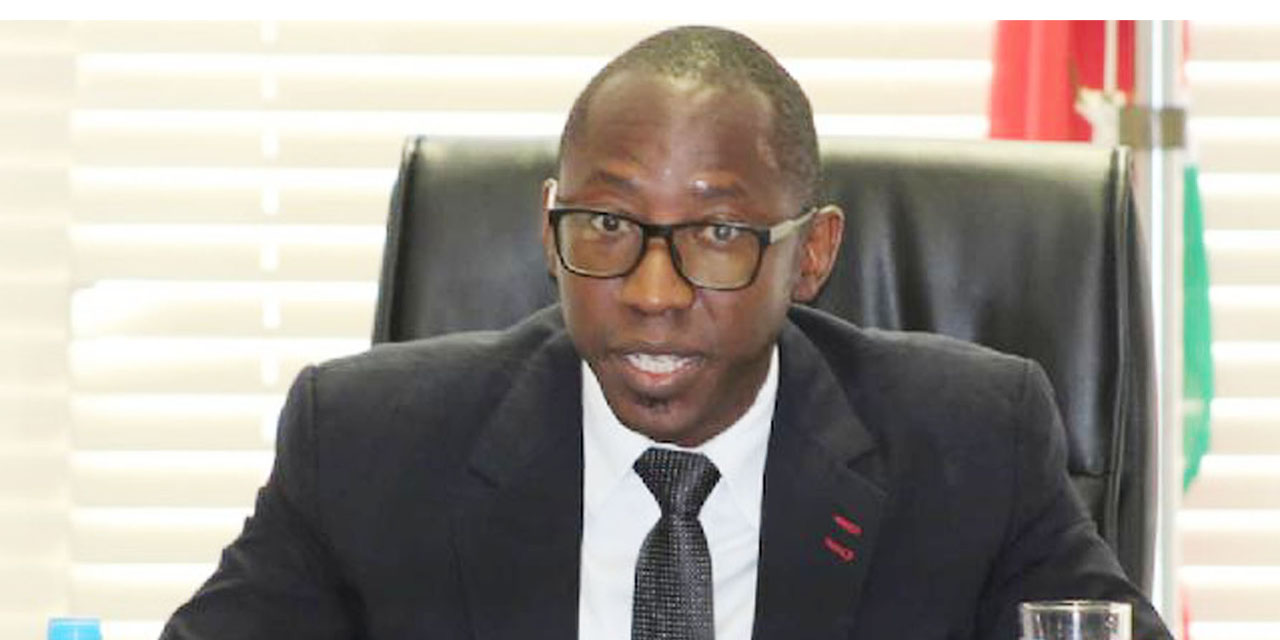Niël Terblanché
The Erongo Region is taking a proactive stance in combatting gender-based violence (GBV) by adopting a holistic approach that involves all segments of society.
Despite significant strides in human rights and gender equality, the scourge of GBV continues to pose a grave challenge for especially women and children in Namibia.
In response to this pressing issue, the Governor of the Erongo Region, Neville Andre has unveiled a comprehensive strategy to address GBV while stressing the urgent need for a collective effort.
Andre said that GBV is one of the most pervasive yet least visible human rights violations globally.
He added that in Namibia, at least 32 percent of women have reportedly experienced physical violence at the hands of an intimate partner at some point in their lives.
According to Andre, GBV encompasses various forms of harm, including physical, sexual, mental, and economic, driven by socially ascribed power imbalances between genders. It also involves threats of violence, coercion, and the deprivation of liberty, whether in public or private settings.
“In all societies, women and girls have less power than men over their bodies, decisions, and resources,” he said.
He pointed out that social norms that condone men’s use of violence as a means of discipline and control contribute to gender inequality and perpetuate GBV.
Across the globe, women and girls, especially adolescents, face the greatest risks.
Data from the Namibian police reveal a troubling trend, with more than 10,000 gender-based violence-related cases reported during the 2021–2022 financial year.
The majority of these cases involved acts of violence perpetrated by men against women.
Andre said that failure to address these issues could have severe consequences for society as a whole.
To combat GBV comprehensively, Andre intends to establish a regional gender-based violence task team consisting of various stakeholders.
“This collaborative approach aims to pool resources and expertise to tackle the pervasive issue of GBV,” he said.
Recognizing that addressing GBV requires a multi-generational approach, Andre announced plans to hold a boys’ conference.
He stressed that the boy child must receive the necessary motivation and education to eventually become a responsible member of society.
“Engaging boys in discussions about the areas that need attention and making them feel included is crucial in reducing frustration and preventing social ills. Leaving the boy child behind leads to frustration and other social problems,” he added.
With the establishment of a regional GBV task team and the commitment to engage and educate boys, Andre hopes to bring about lasting change and reduce the prevalence of GBV.
“Failure to address these issues, he warned, could result in serious consequences for society as a whole. It is, therefore, imperative to act decisively and collectively,” he said




